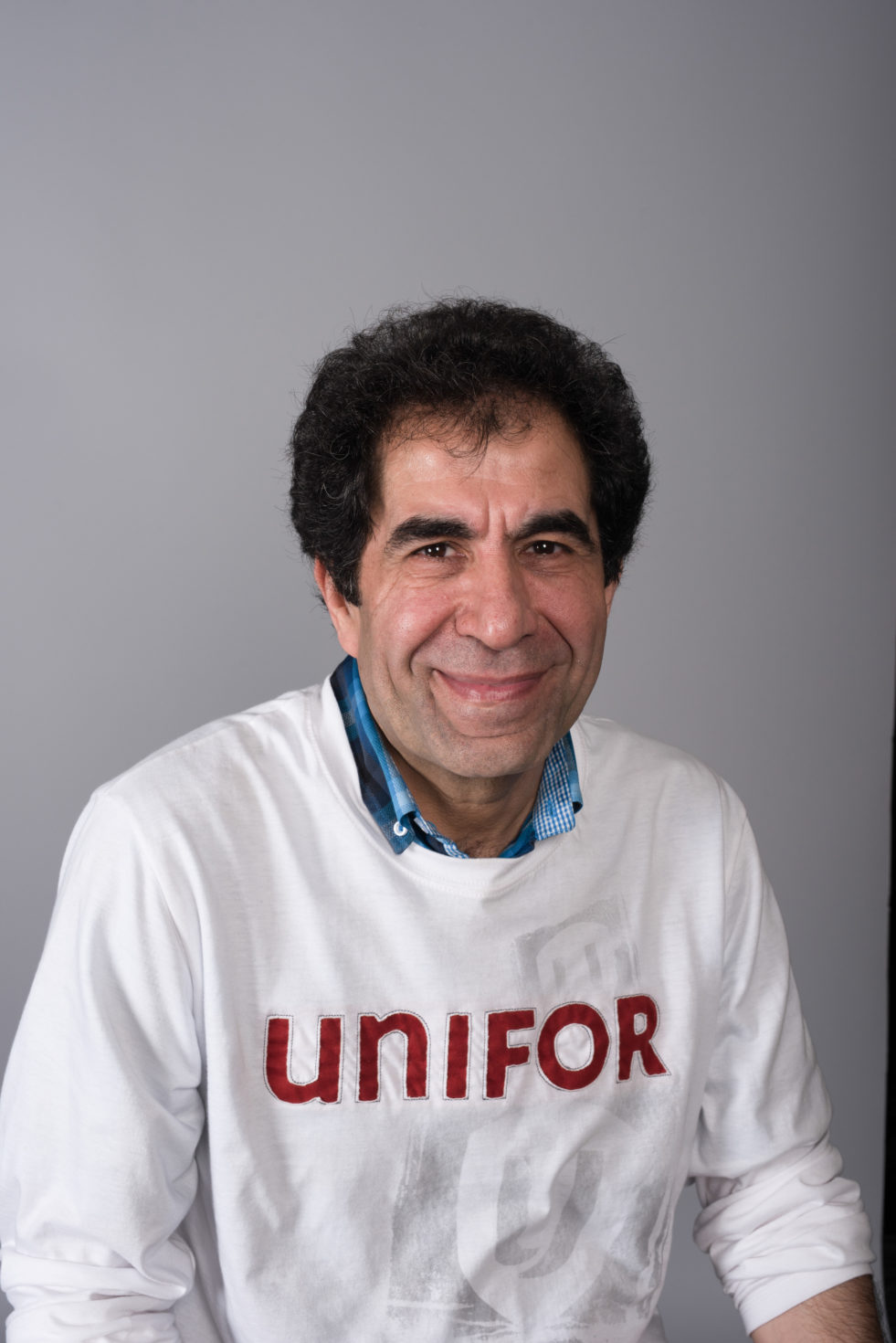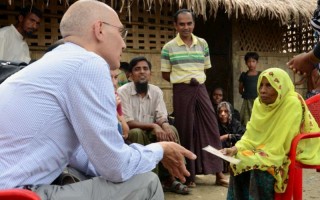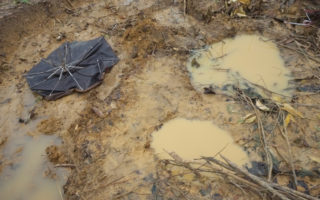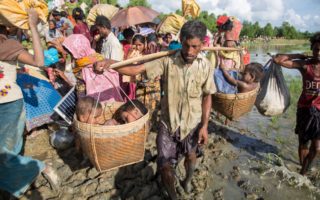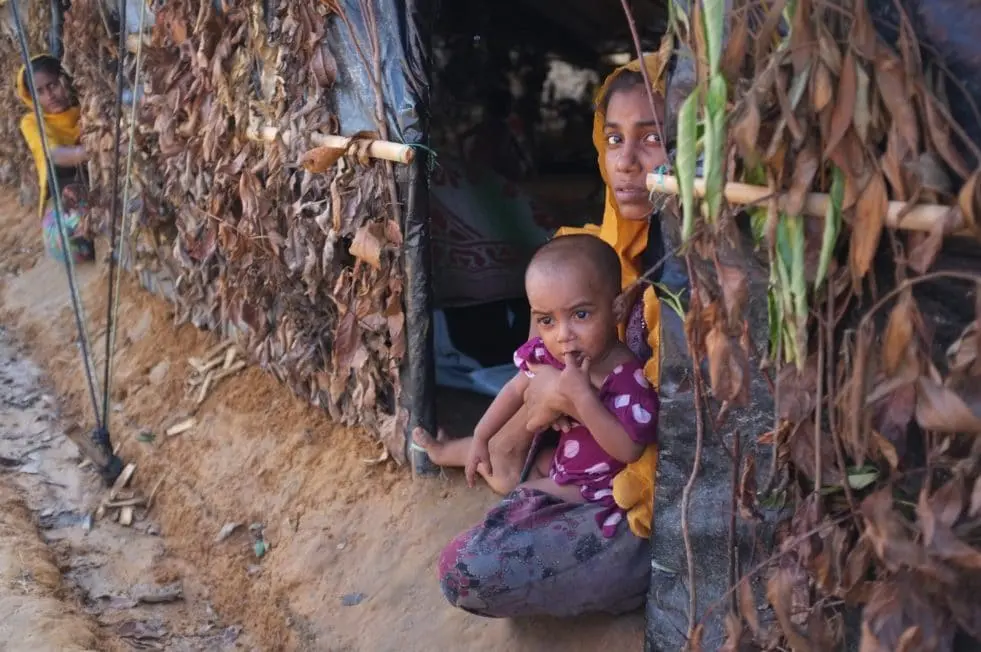
A Rohingya refugee from Rathedaung, Myanmar holds her child in a makeshift shelter at the Kutupalong extension site. As hundreds of thousands of Rohingya sought safety in Bangladesh, UNHCR began work on an extension site next to the long-established Kutupalong refugee camp in Cox’s Bazar. Whole families, young mothers and unaccompanied minors were among those fleeing for their lives since fighting reignited in Myanmar.
TORONTO — Mohamad Alsadi says the images of fire-ravaged homes and villages in Myanmar and Rohingya refugees forced to flee to Bangladesh were too much to bear.
“The forced migration that took place in (Myanmar) is absolutely difficult to look at, to standby and not to do anything.”
So Mohamad and his organization Unifor, the country’s largest private sector union, decided to translate their concerns about the Rohingya refugee crisis into concrete action.
He is the director of the Unifor Social Justice Fund which has donated $50,000 to UNHCR towards the emergency response effort in Bangladesh, offer desperately needed refugee protection, shelter, food, water and sanitation to Rohingya refugees.
Thanks to Unifor’s financial gift in support Rohingya refugees, donations made to the UNHCR’s relief effort in Bangladesh were matched dollar for dollar up to $50,000, helping to boost emergency aid desperately needed on the ground.
“We care about other people because we believe it’s a part of our humanity as Canadians,” says Mohamad.
Bangladesh has seen the arrival of more 600,000 men, women and children since late August after an outbreak of violence in Myanmar’s Rakhine State levelled against the Rohingya people, who are a largely stateless Muslim minority. The vast majority who have arrived in the South Asian country are women and children, including newborn babies. Many have slogged and trekked through treacherous terrain to make the journey across the border, with some travelling up to 14 days in search of safety.
“The concern that we have right now is that this issue is not getting the attention it deserves,” Mohamad says of the Rohingya refugee crisis. “We truly believe that it should receive more attention. And the media should highlight the fact that this is — as far as I’m concerned — ethnic cleansing of the worst kind, and it needs to be condemned without hesitation. “
Unifor has more than 315,000 members across Canada employed in every major sector of the country’s economy. Mohamad says the Unifor Social Justice Fund is bargained with employers across Canada to provide humanitarian relief and to work with other unions around the world on key matters such as social and gender issues. Since 1992, he says they have funded more than 1,200 projects in Canada and 44 different countries.
Unifor is a long-standing partner of UNHCR and has a track record in supporting refugees both at home at abroad. In 2015, the Unifor Social Justice Fund and the national union helped fund the resettlement of five Syrian refugee families within Canada. The Social Justice Fund also donated $160,000 to UNHCR to aid Syrian refugees living in Jordan.
“We are absolutely proud as a union to stand up for people who are facing injustice and unfair treatment,” says Mohamad, who is also the director of Unifor’s human rights and international department. “I’m hoping other organizations and the Canadian public will follow suit and donate and also send letters to condemn this attack on the innocent.”



